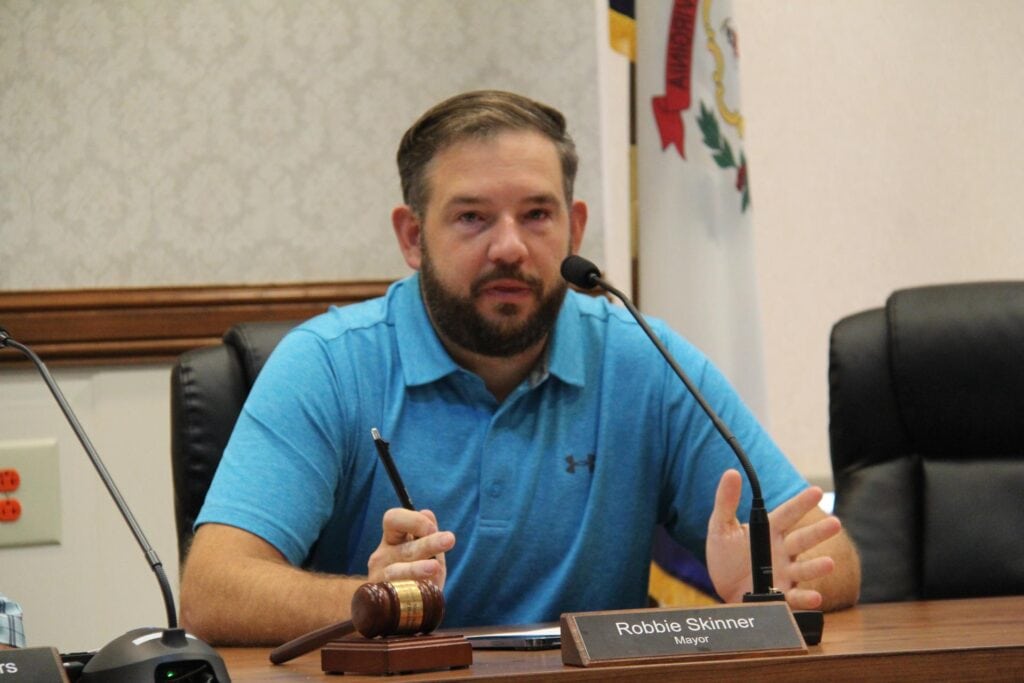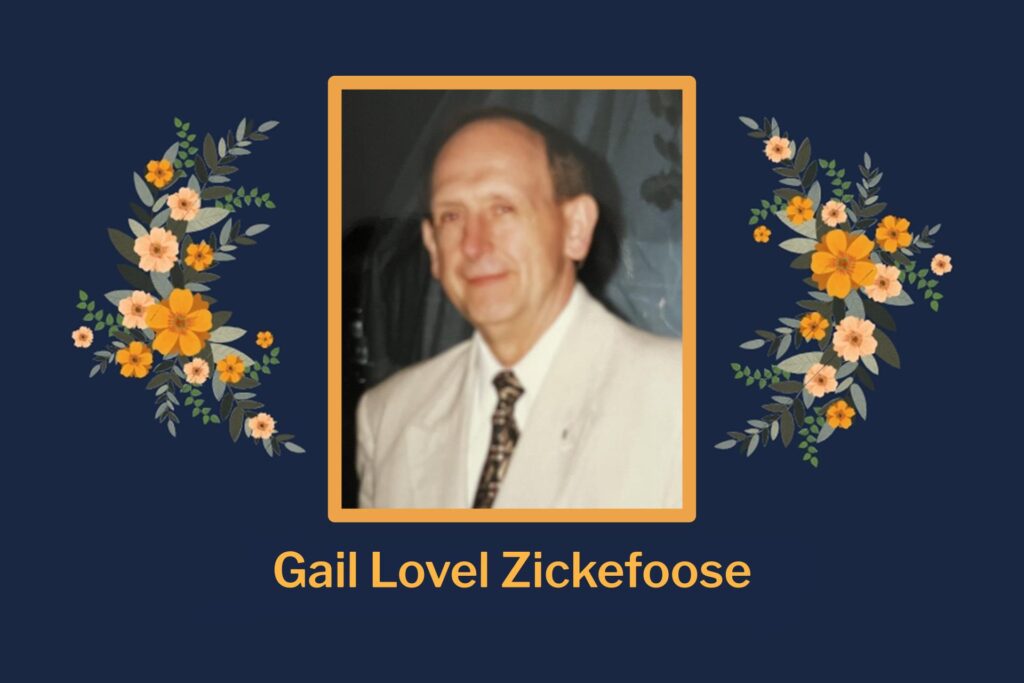As the world watched the twin towers fall on Sept. 11, 2001, Americans everywhere questioned what would come next.
Jonathan McGee, now a senior at West Virginia University studying political science, however, knew what was ahead for him. At the time, he was delayed enlistment for the U.S. Air Force and waiting for an open spot in the firefighting school.
On Sept. 12, he called his recruiter and asked if his enlistment process would be sped up, but was told he had another six months of waiting. One week later, his recruiter called, telling him he would be flying out of Pittsburgh, Pennsylvania, within a few hours, making him part of one of the first groups deployed to Iraq.
McGee was in the military for nine years and described the first few in Iraq as chaotic.
“When the war first kicked off, it was absolute craziness,” McGee said of being deployed to a classified location before the war officially started.
The residual fear of the Sept. 11 attacks could be felt through all of McGee’s time in the Air Force.
Amanda McCarty, currently a senior chemistry major, was in ninth grade when the attacks on Sept. 11 took place. She decided then she wanted to do her part to defend her country. When she turned 18, she enlisted.
“9/11 is the entire reason I joined the military,” McCarty said.
She served in the West Virginia Army National Guard from 2004 to 2013. Other people in her unit around her age had similar experiences of joining the military because of how they felt on Sept. 11
“Watching that in ninth grade, I was of the mindset like, ‘Oh wow. We got attacked. This is happening,’” McCarty said. “It was in 2004 when things really started to get heated overseas and that’s when I was old enough to join.”
Though many students at WVU are now not old enough to remember Sept. 11, student veterans like McGee and McCarty can still feel its effects in their day-to-day lives, including in classrooms.
While student veterans struggle with research papers and chemistry exams, they also deal with unique challenges, such as PTSD, raising families and not connecting with classmates as older, nontraditional students.
McGee described the military as having its own culture and praised WVU for its Green Zone Training; a training to prepare faculty, staff and students to work more effectively with student veterans.
“Understanding is huge,” McGee said.
McCarty said one of her struggles as a student was socializing with her non-veteran classmates.
“It’s definitely a big disconnect,” McCarty said. “If I meet a veteran, all the barriers are down, we have something to talk about.”
Overall, both McCarty and McGee said their military service has helped them stayed disciplined in college.
Additionally, McCarty has been able to find support through on-campus resources such as The Mountaineer Bunker, run through the Center for Veteran, Military and Family Programs, where she is employed as a work-study student. The facility serves as a welcoming space and support center for student veterans, armed forces personnel and dependents of current and former military services members.
“I feel like there’s an actual place to connect to students like me at the university,” McCarty said.
McGee agreed.
“It’s a cool space in the Mountainlair for veterans,” he said.
One of his biggest issues has been balancing his life outside of school with his classwork. He has children at home, so most nights he cannot start his schoolwork until after his kids go to bed.
“The military gave me that discipline, I look at my schoolwork as all business,” McGee said. “If I wasn’t in the military, I wouldn’t have that structure in place.”












